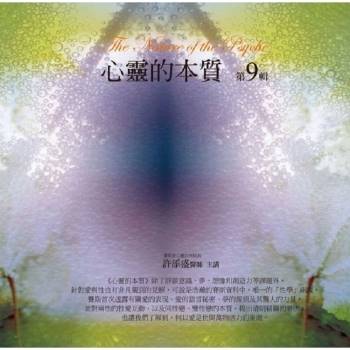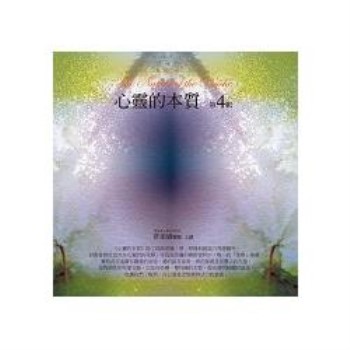Gilgamesh and Enkidu. The oldest story known to man. In a teaching unit, performable play format, A Gilgamesh Play for Teen Readers tells the essence of the Gilgamesh story without the archaic (and often inappropriate) language. It is the only such format of the story, and furnishes teachers a thorough and interesting background regarding the world of young people in ancient Mesopotamia. The author is a National Board Certified Teacher, and has taught middle school for over twenty years.
Because there are so few plays on the story of Gilgamesh geared to teens, this play was created to fill the void. Although not an exact retelling of the story, the play furnishes a great deal of insight into the ancient Mesopotamian culture, as well insight into the story of Gilgamesh. The play features: . Probing questions on various themes for teenage discussion. Themes listed for the teacher use in a quick-reference
. A quick-reference Sumer-cabulary with keywords bolded in the play
. Pre-teaching suggestions for teachers
. A complete Sumerian 'further reference list' for teachers to utilize The story is the legend of the great king Gilgamesh, and the eventual tragedy of his friendship with Enkidu--lord of the wild. It was written by a Sumerian, but was absorbed into later Babylonian culture. Because of Gilgamesh's arrogance and pride, the gods created Enkidu--a warrior as powerful as the king--in order to teach the king humility. The warriors became friends and had many adventures together. But the evil goddess Ishtar punished Enkidu with an untimely death sentence, and Gilgamesh undertook a long journey in search of Utnoa (Utnapishtim) the Faraway--survivor of the Great Flood--who possessed the secret of immortality. At the story's end, the fruit benefits neither the king nor his friend, but ironically, Gilgamesh--through his timeless story--has indeed become immortal.












